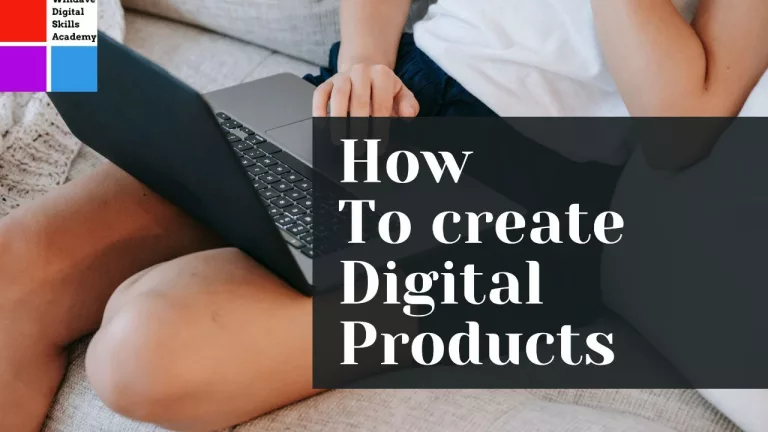What are Keywords and How to Use It
Table of Contents
A keyword refers to a word or phrase people type into search engines to find useful information for their queries. That information could range from anything as simple as “How to boil water” to something as complicated as “How to build a mobile app using FORTRAN”. Since search engines use keywords as a starter when filtering results, you must understand how to properly use keywords in your content so it has a better chance of being found.
We are going to discuss the following;
- Types of keywords
- How to select the proper keywords
- How many keywords should you use?
- Where to use keywords for SEO in your content writing
Types of Keywords
Before we jump right into it, you must understand that it is advisable to keep keywords short and simple for the major purpose of readability. Most search engines recommend keyword phrases that are within 10-12 words. Keyword lengths can be divided into two categories:
- Long-tail keywords: these are searches consisting of three or more words with low search volume but are much more specific about a user intent or prompt. They are precise and tend to generate fewer yet valuable leads by attracting those interested in your product or service without any extra effort from you.
- Short keywords: these are the most common type of keyword used in SEO and they consist of one or two words. They are good for broad topics like “food” or “clothes” but competition has made ranking top difficult with this type of keywords. Using short keywords will generate a lot of traffic.
Now let’s dive into the types of Keywords
Informational Keywords:
This is used when people find pieces of information on a certain topic. Examples include “When is Independence Day?” or “How many calories are in a cup of Greek yogurt?”. It is easy to identify informational keywords because they include words such as “how”, ”what is”, etc. majorly question words. Enhancing content with informational keywords will drive traffic to your website and customers will target your website whenever they need information.
Navigational Keywords:
This is a more specific search where users are looking for a particular website, company, product, or service online. A few examples are “Zikoko Magazines” or “Youtube”. Users who use these keywords are already familiar with the product or the company, this usually suggests that the users have the intention to take some kind of action like purchasing a product or subscribing to a newsletter.
Transactional Keywords:
Users who use these keywords show the aim to purchase a product or take immediate action. They often contain words like “buy” or “order”. An example of a transactional keyword is “Buy a blender”. When a customer uses transactional keywords in their search query, the search engine’s algorithm identifies the aim behind the keywords and displays results that are most likely to fulfill the user’s transactional needs.
Commercial Keywords:
This refers to advertisement-related searches that brands use to attract customers. Aside from bringing traffic, commercial keywords also let brands know their customers’ preferences which will help in future marketing campaigns.
How to select the proper keywords
Keywords are important but there is such a thing as choosing the wrong keywords. Here are some tips for selecting the right keywords.
Think like a customer:
The first thing to do is to identify your target audience, what they are looking for, and the problems they need solutions to. Once you understand who your audience is, ask yourself, “If I were looking for these products, what would I type in a search engine?”. Asking around from friends or family will help add to your list of words or phrases relevant to your business. This serves as a starting point for your research.
Conduct keyword research:
This includes finding keywords with search traffic potential and knowing who your competitors are. As for the former, using a keyword research tool like Keyword Planner allows you to enter a topic and reveal keyword ideas and their search volumes, or Keywords Explorer which not only gives you keyword ideas and monthly search volumes which is more precise.
Remember that keywords with higher search volumes have a higher traffic potential. Knowing your competitors will give you a few ideas on what keywords to use or add to your list of keywords. Tools like Keyword Gap help compare keywords used between two or more domains.
Monitor the results and make the necessary adjustments:
After finding trending keywords with high traffic potential, you monitor your website and analyze the results. This will help you update your keyword strategy by monitoring new trends and shifts in user behavior.
How many keywords can I use for a Blog?
Although you have several good keywords you’re excited to use because you’re certain they will drive traffic to your website. Choosing the number of keywords depends on things such as; content length, purpose, user intent, etc. It is advisable to have at most 5 different keywords, each with a monthly search volume of at least 100. Within the 5 or fewer keywords that were chosen, one primary keyword should be present, that is, the main words that your target audience would be searching e.g. vegan recipes.
Where to use keywords for SEO in your content writing
Here are the places to insert your keywords for SEO in your blog:
- Page titles: Placing keywords in your page title makes your content relevant.
- Meta Description: This refers to the short text under your title. This helps Google determine how relevant your content is.
- Subheadings: Insert keywords in your subheadings for SEO ranking
- Body of your content: This should have at least 5+ keywords insertion
- Images or Videos: Include your keywords for your image or videos in the alt session
- Website Links: When inserting a link, ensure the writing aligns with your content keyword
Using keywords helps you stay updated with changes in trends, and helps in using time efficiently. Researching SEO keywords can be time-consuming, keywords help you assess competitors and give you direction so you’re not spreading your tentacles everywhere.
Keywords are crucial to your blogging goals of driving important traffic to your website, so understand your audience and follow the steps listed above.
Remember to share and follow for more digital marketing content!




